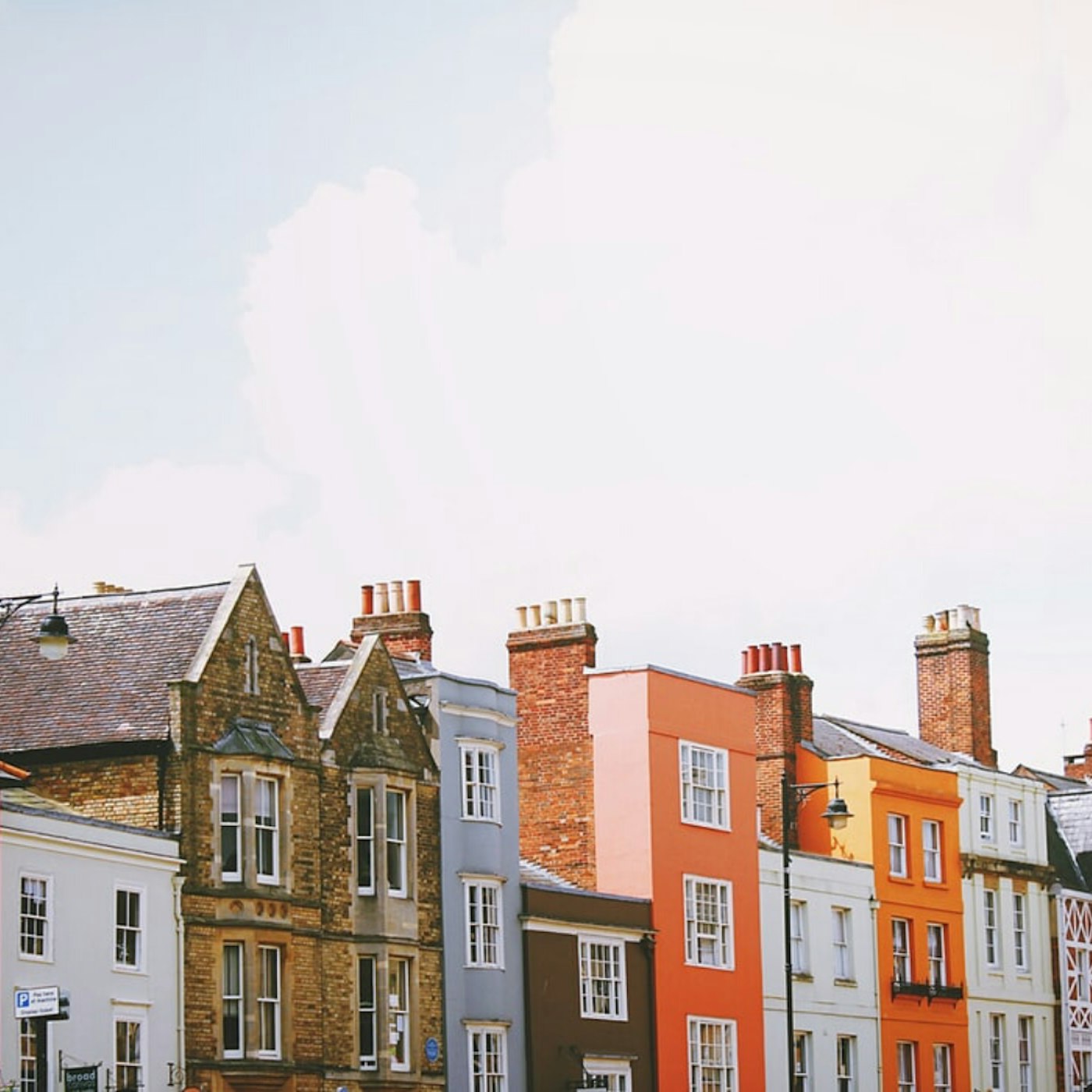Mini Reminders: Rethinking the Importance of What Zakat Can Look Like
by Furqan Mohamed in Ramadan on 19th May, 2020

During the month of Ramadan, Muslims all over the world are conscious of their faith, particularly how it relates to the world around them. Apart from abstaining from food and drink, one the most aspects of Ramadan are increased acts of charity- better understood as Zakat. As Muslims, we strive to be conscious every day, but the social and institutional rules that hold us accountable feel much more potent during this holy month. And in a world where we are all increasingly aware of inequality and injustices, what we, as Muslims can do in the context of Zakat is ever so pressing.
Zakat is one of the five pillars of Islam, and by Quranic ranking, it is next after prayer in importance. When calculating just how much a Muslim should give, many scholars disagree. It is commonly understood that if one makes more than enough live a comfortable life (in other words, possess wealth) than they are obligated to give. While the specific economics surrounding Zakat might be contested, who Zakat is owed to is not. The Quran calls those who are deserving of Zakat ansaf.
“… for the poor and the needy, and those employed to administer the (funds); for those whose hearts have been (recently) reconciled (to Truth); for those in bondage and in debt; in the cause of Allah; and for the wayfarer: (thus is it) ordained by Allah, and Allah is full of knowledge and wisdom.”
— Qur’an, Sura 9 (Al-Tawba), ayat 60
This verse reminds us that it is important for Muslims to understand Zakat as more than just financial support. Zakat is for the poor and the needy, to those new to Islam, those in shackles, those in debt, and those who are stranded travellers. We can interpret Zakat as doing right by those suffering through organizing. Zakat looks like social justice, specifically regarding prison abolition.
Indian Islamic Scholar Maulana Abul Kalam Azad teaches us that injustice, oppression, and social justice need to be examined in a broader context. As Muslims, especially during Ramadan, we should be concerning ourselves with the issues of the day. It can be challenging to fully apprehend the negative repercussions of hyper-capitalism and the over-policing of Black, Brown, and poor people in prisons and detention centers all over the world. Those suffering because of mass incarceration can be recognized as “those in shackles”. One of the tools in creating a better world (using what the deen tells us about what we owe our fellow human beings) is prison-abolition.
The prison-abolition movement is a loose collection of people and organized groups who want to consider the way we handle crime and institute justice. In fact, abolitionists understand that our current societal institutions are perpetuating injustice. Abolitionists believe that incarceration, in any form, harms society more than it helps. As Angela Davis writes in “Are Prisons Obsolete?”, prisons must be out-of-date institutions because they increase societal harms instead of fixing them. The teachings of abolition don’t begin and/or end at prison walls, the teachings aim to reshape our society as a whole and address the root causes of violence, homelessness, addiction, and issues surrounding mental-health crises.
Knowing the prison-abolition movement can lead to a broader understanding of matters facing more of our most vulnerable brothers and sisters as well. Prison-abolition requires an understanding of how valuing profits before people affects our social systems, which gives us the context to understand our current society.
As Muslims, we should work to take the lessons of Zakat and charity and apply them to the issues facing the most vulnerable among us, for standing firm for justice is considered closest to Godliness. This Ramadan and afterward, we should be inspired to seek justice beyond financial aid and be imaginative in the ways we care for others.
The blessed Prophet once said, “he is not a Muslim who sleeps with his stomach full while his neighbour stays hungry”.
Source Material:
The Holy Quran
Angela Davis, “Are Prisons Obsolete?”
The Islamic Principles of Social Justice: Maulana Abul Kalam Azad and Nonviolent Civil Disobedience
Furqan Mohamed
Furqan Mohamed is a writer from Toronto, writing politically driven pieces, and the occasional collection of poetry and prose. Her writing has been featured in Into The Fold, and she serves as a Web Editor at TeenEye Magazine and a journalist for Sea Foaming. Find me @heyfurqan